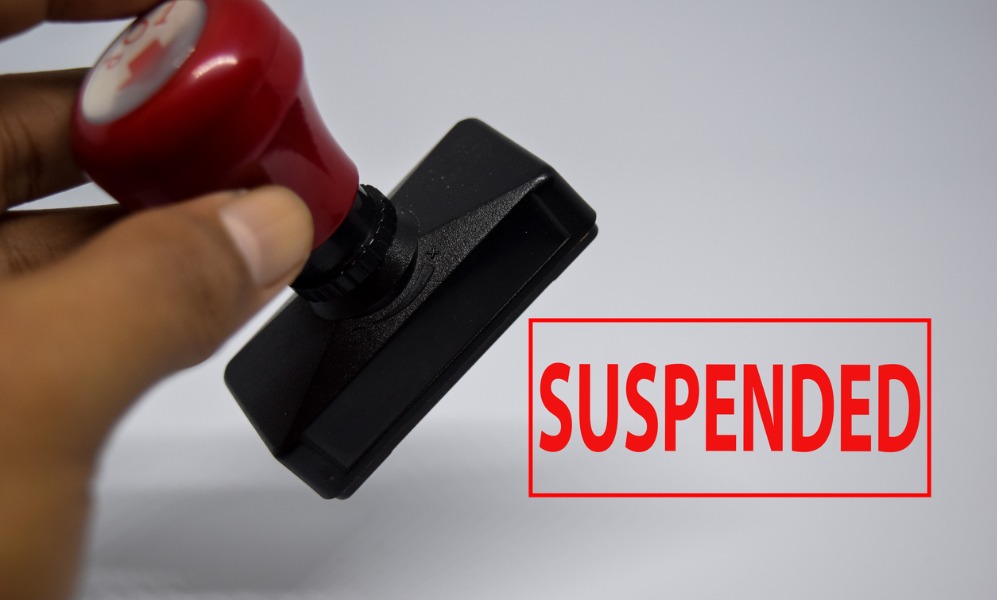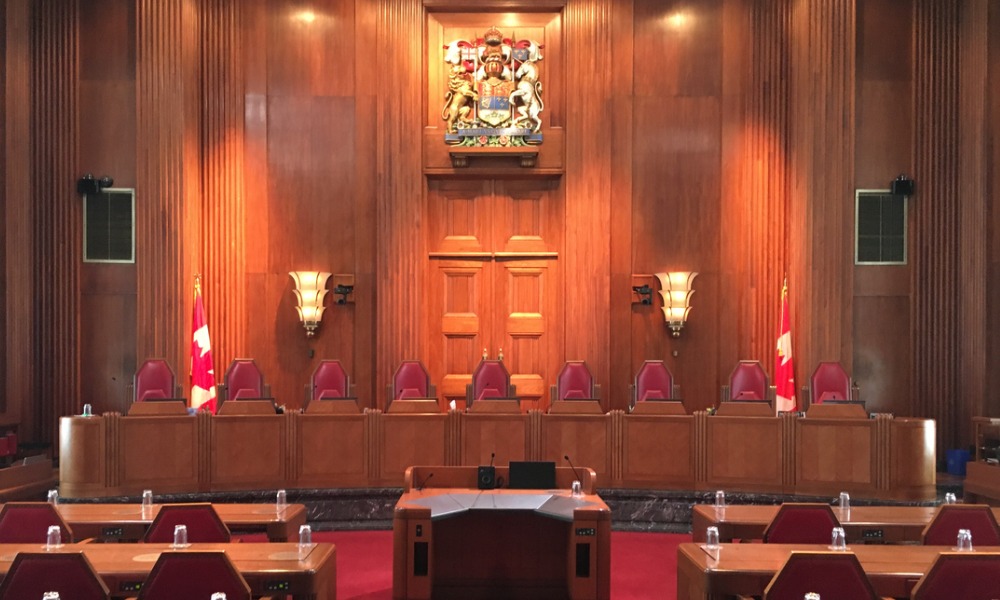One can easily imagine that the three members of the Ontario Court of
Appeal who wrote the R. v. Clayton ruling would feel they’d been given
a bit of a slap in the face by Justice Rosalie Abella and the Supreme
Court of Canada. In a fairly stinging rejection of the appeal ruling
excluding handgun evidence obtained during an informal roadblock, the
top court has listed toward giving more power to police over protecting
individuals’ civil liberties.
In excluding the evidence, the Ontario court said, “There was no suggestion that anyone was in imminent danger.” It said the police chose to ignore significant information from the 911 call that led to the roadblock when they stopped two black men in a Jaguar from leaving a strip club parking lot.
But the Supreme Court said the police were justified under common law powers to set up a roadblock. The 911 call provided “reasonable grounds” to believe there were several handguns in a public place which posed a “genuine risk” to the public. The test for determining whether such an exercise of police power is justified is whether the roadblock is “reasonably necessary,” wrote Abella.
Essentially, the top court expanded police powers where guns may be involved. As Justice Ian Binnie in his concurring reasons noted, the common law must adapt to the evolution of society and as such the balance is tipping away from civil liberties as gun problems “infect” society.
It seems that much in the same way civil liberties seem to be violable in the name of the “war on terror,” they’re going the same way in a similar war on guns. But as commentators in our page 1 story note, the concern is where the line gets drawn in these kinds of searches. In this case, the officers stopped the men - whose car did not match the description of the 911 call - because they were also black and leaving the parking lot at the time when the gun call was received. No crime had yet been committed and the two were not identified by the 911 caller.
But what if those men didn’t have any guns; would the court still have ruled that the search was justified? Will the same reasons stand up where knives, box cutters, even baseball bats are concerned?
As law professor Tim Quigley warns, an “end justifies the means” philosophy to police powers will likely result in improper searches that are never made public because a weapon was not found. And that will make it hard to guard against them.
The biggest problem with the Supreme Court’s ruling is not that it allowed this evidence, but rather that it hasn’t set any guidance for such searches in the future. The court will be looking at another high-profile case, R. v. Grant, on the constitutionality of a search that turned up a concealed handgun. In that case, the evidence/gun gathered from an 18-year-old black man who was walking “suspiciously” was allowed by the Ontario Court of Appeal because it said police did not overstep the bounds of legitimate questioning. Will the Supreme Court somehow bring both of the cases together and create constitutionally viable guidelines for police searches relating to guns, or will the validity of such searches continue to be decided on a case-by-case basis?
Either way, Parliament should be stepping in and tackling to what extent the police should have search powers, particularly at roadblocks in circumstances where crimes have yet to be committed.
- Gail J. Cohen
In excluding the evidence, the Ontario court said, “There was no suggestion that anyone was in imminent danger.” It said the police chose to ignore significant information from the 911 call that led to the roadblock when they stopped two black men in a Jaguar from leaving a strip club parking lot.
But the Supreme Court said the police were justified under common law powers to set up a roadblock. The 911 call provided “reasonable grounds” to believe there were several handguns in a public place which posed a “genuine risk” to the public. The test for determining whether such an exercise of police power is justified is whether the roadblock is “reasonably necessary,” wrote Abella.
Essentially, the top court expanded police powers where guns may be involved. As Justice Ian Binnie in his concurring reasons noted, the common law must adapt to the evolution of society and as such the balance is tipping away from civil liberties as gun problems “infect” society.
It seems that much in the same way civil liberties seem to be violable in the name of the “war on terror,” they’re going the same way in a similar war on guns. But as commentators in our page 1 story note, the concern is where the line gets drawn in these kinds of searches. In this case, the officers stopped the men - whose car did not match the description of the 911 call - because they were also black and leaving the parking lot at the time when the gun call was received. No crime had yet been committed and the two were not identified by the 911 caller.
But what if those men didn’t have any guns; would the court still have ruled that the search was justified? Will the same reasons stand up where knives, box cutters, even baseball bats are concerned?
As law professor Tim Quigley warns, an “end justifies the means” philosophy to police powers will likely result in improper searches that are never made public because a weapon was not found. And that will make it hard to guard against them.
The biggest problem with the Supreme Court’s ruling is not that it allowed this evidence, but rather that it hasn’t set any guidance for such searches in the future. The court will be looking at another high-profile case, R. v. Grant, on the constitutionality of a search that turned up a concealed handgun. In that case, the evidence/gun gathered from an 18-year-old black man who was walking “suspiciously” was allowed by the Ontario Court of Appeal because it said police did not overstep the bounds of legitimate questioning. Will the Supreme Court somehow bring both of the cases together and create constitutionally viable guidelines for police searches relating to guns, or will the validity of such searches continue to be decided on a case-by-case basis?
Either way, Parliament should be stepping in and tackling to what extent the police should have search powers, particularly at roadblocks in circumstances where crimes have yet to be committed.
- Gail J. Cohen







